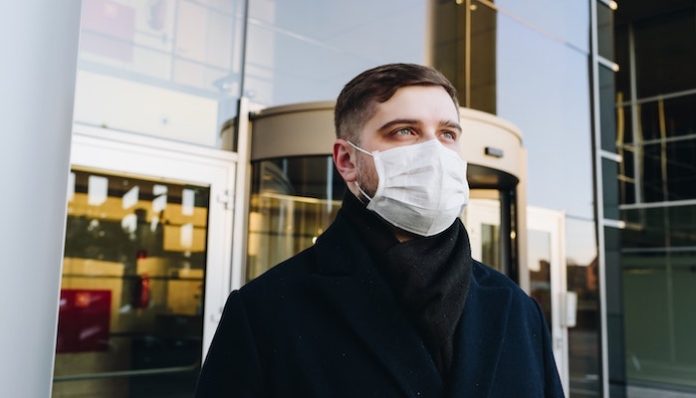
As North America begins to relax its social distancing policies, hard-hit regions in Europe and Asia are now reporting new COVID-19 cases. After observing a recent increase in infections, South Korea has announced that the country is now experiencing a second wave of the novel coronavirus. Other countries in Asia, such as China, have also proceeded to lock down more regions. Meanwhile in Europe, Germany has extended its lockdown policies by two weeks.
Although many politicians and officials are now trying to reopen the economy, infection rates are still on the rise. In the United States, 36 states are reporting daily increases on average per week, resulting in 14 states to revisit their opening plans.
The resurgence of the disease has led doctors and scientists to believe that a second wave of COVID-19 is coming. Instead of targeting the elderly population, cases among young individuals who are between 20-30 years of age are increasing as well. Epidemiologists observe that the loosening of lockdown restrictions and social gatherings are playing a major role in transmission. Even if overall cases have been declining, we must still remember that the fight is not over yet.
In order to decrease the rate of infection, we need to continue to practice social and physical distancing measures, wear a mask in public, sanitize and wash our hands frequently, and limit social gatherings. COVID-19 is still ravaging its way across the world. However, with the appropriate measures and awareness, we can fight the virus successfully — together.
Below are some tips to help reduce the impact of the second wave:
1. Please listen to public health officials.
Public health experts have warned and reminded us to always practice social distancing or wear masks in public places. The reason why they are implementing strict measures is to protect the health and safety of the populace. If we follow their orders, the number of cases will surely be lower. Thus, we need to listen and not create a strain on the healthcare system.
2. Be mindful of current events.
The news exists for a reason. We must update ourselves on the ongoing situation that affects us, our relatives, and our peers. Although the constant reports on a pandemic can be overwhelming, we must stay updated on our government’s actions against the virus. In addition, we must observe other countries and the virus-related events that they are experiencing. After all, we’re all in this together.
3. Educate yourself.
Government websites are constantly being updated with new information. The best way to inform yourself about COVID-19 is to stay educated on the symptoms and impacts of the disease. You will not only gain more knowledge about the health pandemic but also learn how to prevent yourself and others from contracting the virus.
4. Realize that everyone is at risk.
Even if the research has initially shown that older individuals or the ones suffering from chronic health conditions are at high-risk, anyone can be infected with the virus. Therefore, be careful when gathering with friends in public spaces. With so many people around us, virus transmission is likely to happen.
5. Continue to stay at home.
Don’t be fooled by the summer weather. Warm temperatures do not necessarily indicate COVID-19 eradication. The virus is still present and circulating in unexpected regions. In order to avoid transmission, it is best to avoid direct contact with others.
Although the number of COVID-19 cases continues to increase across the world, we can make a difference together to slow the rate of transmission. If we continue to follow policies and educate ourselves, we will be more prepared when faced with a difficult situation. The timing isn’t the best right now, and not everything is easy. However, with persistence and hope, we will for sure be able to fight COVID-19 regardless of the number of waves.
Photo by Anastasiia Chepinska on Unsplash


















